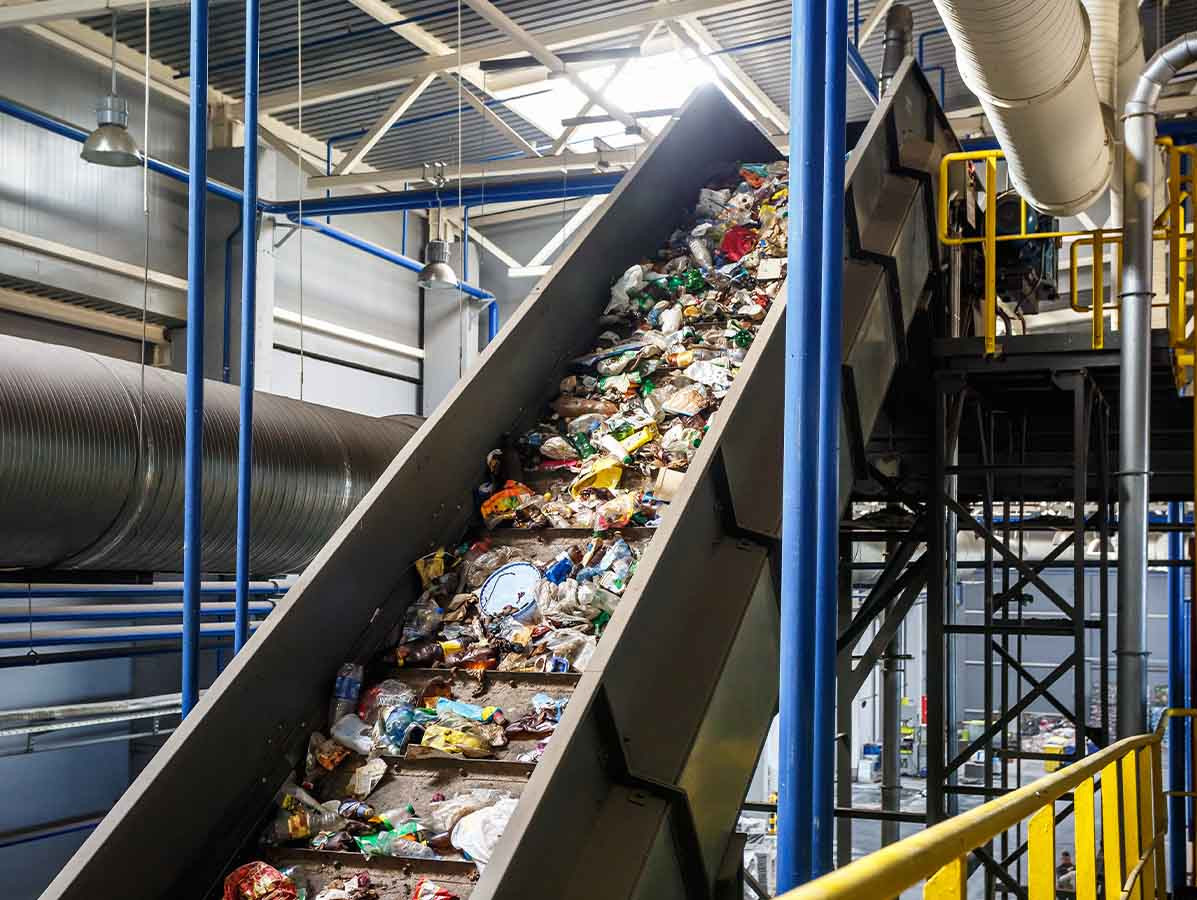
University of Twente is launching a new research initiative focused on the circular application of plastics. The goal is to achieve high-quality recycling of fifty percent of the one million tons of plastic discarded annually in the Netherlands by 2030, and to be fully circular by 2050. The research, titled "Making plastics circular: technical innovations," focuses on the technical innovations needed to make this possible.
Led by Prof. Roland ten Klooster from the Faculty of ET, the University of Twente is investigating how packaging can be recycled more efficiently. This is a crucial part of a broader initiative funded by NWO, with six million euros distributed across ten projects. Ten Klooster's research specifically aims to optimize recyclable and sealable mono-materials with high barriers against gases and moisture. These mono-materials could solve the problem of difficult-to-separate multilayer materials often used in the food industry to protect products from oxygen and moisture.
The project "Design for recycling and effective/secure sealing of high-barrier mono-material flexible packaging films" aims to develop new materials that are not only recyclable but also effectively sealable. This is essential because current multilayer materials are often hard to recycle due to their complex composition. The new mono-materials must offer the same barrier properties without the drawbacks of sticking during sealing. The consortium behind this project includes Borealis, Cargill Bioindustrial, TNO, and the University of Twente, collectively striving for a circular future for plastic packaging.
Source: Universiteit Twente